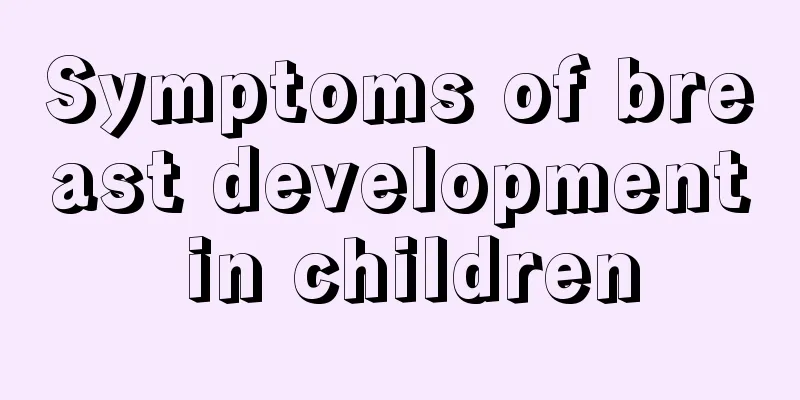Introduction to infantile miliaria

|
Babies are something we should pay more attention to in our lives. Babies are very cute and please their families very much, especially their adorable faces, which are loved by everyone. However, babies' bodies are fragile and can easily be infected by other germs, causing some diseases. Skin diseases, in particular, are most likely to invade babies' bodies. Infant miliary is a common skin disease in infants. So what is infant miliary? Miliaria in newborns Commonly known as prickly heat, it is common in newborns. It is caused by the accumulation of sweat due to the blockage of the sweat ducts of the eccrine sweat glands by the horizontal keratin in the stratum corneum when the temperature is high and muggy. Clinical manifestations They often appear in the first week after birth and are distributed on the face, head, and intertriginous areas. There are four typical types of prickly heat rash commonly seen in clinical practice: ① White prickly heat rash (milliary crystalline rash): needle-sized transparent blisters with no red halo around them and easy to break. Generally no symptoms. It is absorbed within 1-2 days, leaving only slight scaling. ② Red miliaria is prone to occur in the armpits, elbows, forehead, trunk, etc. The skin lesions appear in batches, appearing as densely arranged needle-sized papules and papulovesicles, surrounded by a red halo, accompanied by a burning and itching sensation. There is mild desquamation after the rash subsides. ③Pustular miliaria (pustular miliaria) is mostly developed from miliaria rubra and is prone to occur in skin folds and the head and neck. The lesions are densely packed papules with pillow-sized shallow pustules on top. Bacterial culture was negative. ④ Deep miliary rash (deep miliary rash): It is common in the neck, trunk and other parts of the body. The lesions are dense, noninflammatory papulovesicles that coincide with the sweat pores and increase in size with sweating. Generally no itching. Babies are most vulnerable within the first week after birth, and babies at this time need people to pay great attention to them. Milia, a disease of infants, attacks when the baby's resistance is not yet fully formed, and has a great impact on the baby's physical health. Therefore, we need to understand the relevant knowledge and find a solution to this problem. |
<<: How long does it usually take for a child's fracture to heal?
>>: What to do if the baby has red spots on his body
Recommend
What should I do if my child has a bacterial cold and fever?
In the minds of parents, children's fever and...
What is the dosage of antelope horn powder for children?
Antelope horn powder actually has a relatively hi...
How to treat sinusitis in children
Sinusitis is the most common disease, affecting m...
What is the procedure for tongue cutting surgery in children?
The tongue tendons that people often talk about a...
Why does my baby have a fever?
The thing that many parents with babies worry abo...
What is the height and weight of a 13 month old baby?
The baby's physical condition and health prob...
What causes a child to vomit suddenly? The situation is so complicated
There are many reasons why children vomit, it cou...
What should children eat if they have a broken bone?
The elderly are a relatively special group. Due t...
What to do if the newborn baby doesn't sleep after eating
What to do if a newborn baby doesn’t sleep after ...
Causes of rhinitis in 2-year-old children
In real life, there are many patients suffering f...
What should children check for stomach pain
Although the living environment is getting better...
Reasons why 10-month-old babies are restless when sleeping
It takes at least a year for a baby to adapt to t...
What are the adverse reactions after the baby eats sugar pills?
In fact, there are many things to pay attention t...
What to do if children have visual fatigue
Many children suffer from visual fatigue because ...
What should I do if my child cannot swallow pills?
Children's own resistance is very poor. If th...









